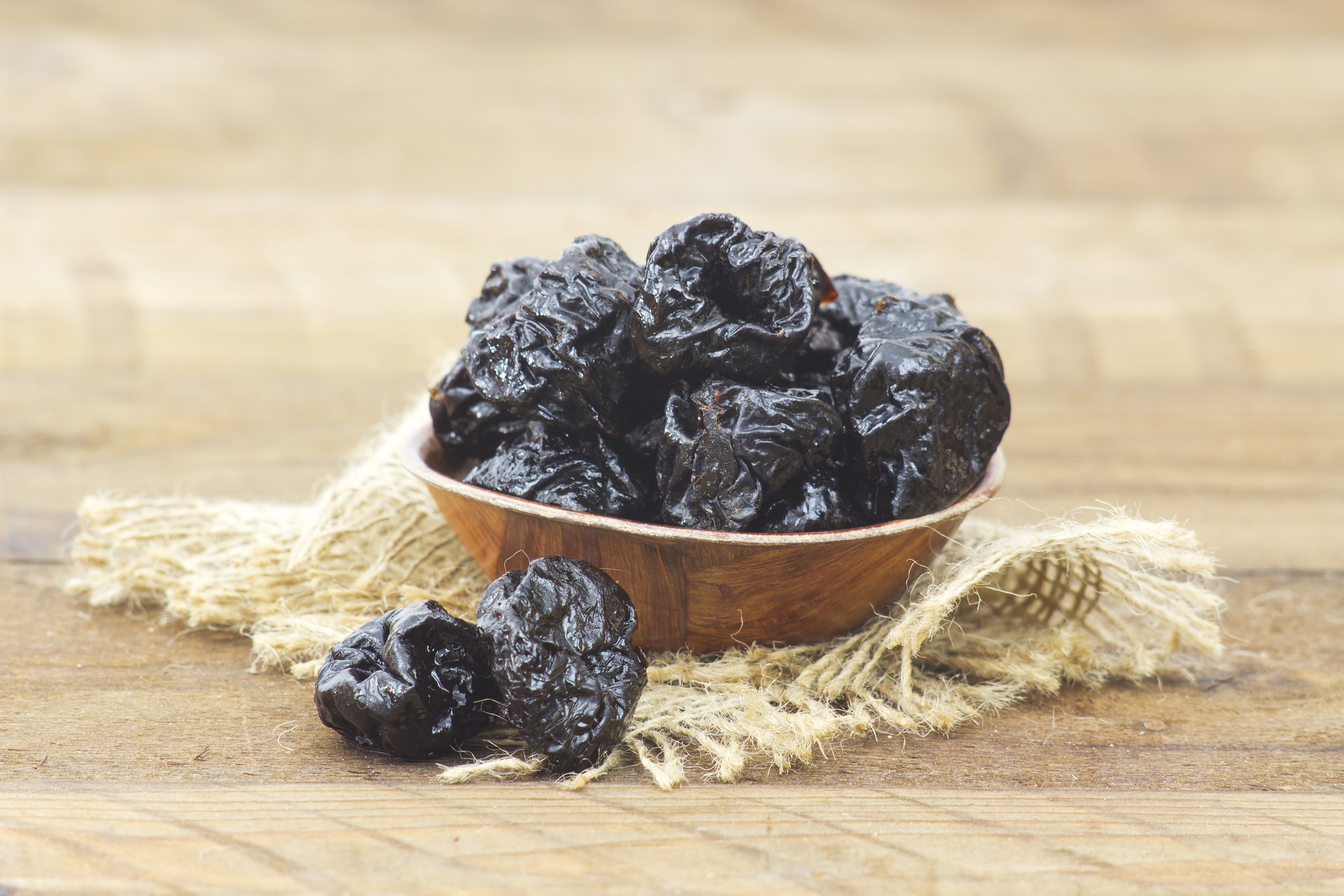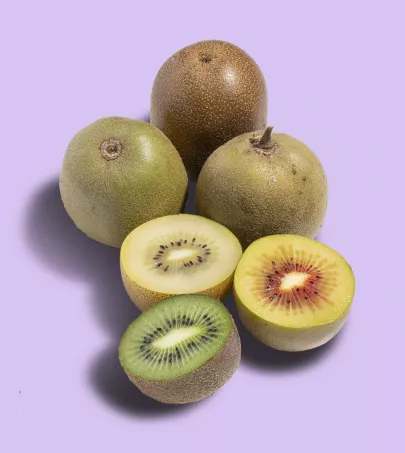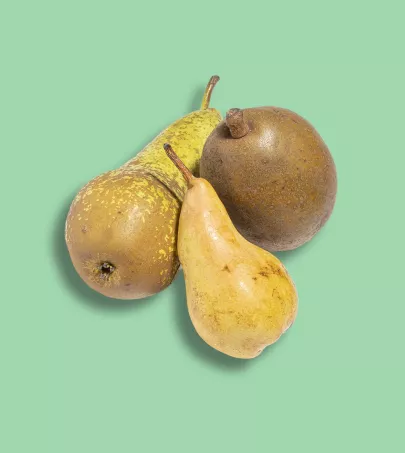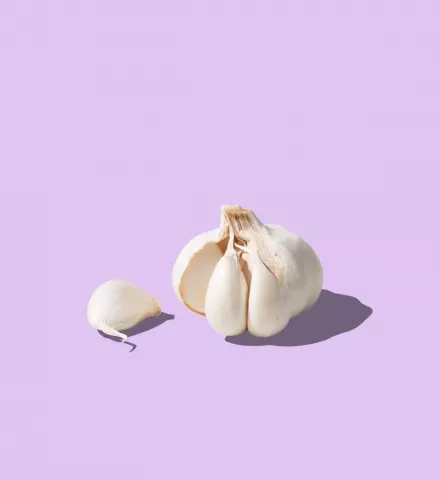
Pruneaux d'Agen PGI
Nouvelle Aquitaine
Specialities from the area around Agen, in south-west France, these delicious plums were granted a protected geographical indication (PGI) in 2002. It provides a further guarantee of the benefits of these dried fruits which can be enjoyed all year round, either on their own or as part of various sweet or savoury dishes.
What you need to know
Although prunes came from China by the Silk Route to Syria, before the Gauls grew them and the Romans spread them, it wasn’t until the 12th century that varieties from Damascus reached Agen and the surrounding area. There, by grafting, monks created a new species called the Ente plum tree (in old French, ‘enter’ meant ‘to graft’).
Dried and taken by boat to Bordeaux, its fruits were then stored in bags stamped with the name of their port of origin: Agen. And that’s how they got their name! It was the start of a long history, a history honoured in 2002 when the prunes were awarded a PGI. In accordance with this, only plums from Ente plum trees, grown, harvested, dried, processed and packaged in six départements in south-west France can use this appellation.
And that’s not all! Picked at the end of summer when they are fully ripe, these fruits must first be washed, sorted, graded and then dried in a controlled manner for 20 to 24 hours, at about 75°C, in order to achieve a moisture content of 30 to 35%. There then follows further checks, sorting and storage, before being rehydrated or not, to produce Agen rehydrated or mi-cuits (semi-dried), prunes respectively, sold in different grades, from ‘gros’ (large) (55 to 66 fruits per 500 g) to ‘super géant’ (super-giant) (about 33 fruits per 500 g)!
Characteristics
Look
Touch
Taste
Nutritional benefits
There’s a whole host of them! A great snack between meals, Agen prunes help stimulate your brain and help your nervous system work properly thanks to their high levels of potassium and copper. As a source of vitamin B6, they help reduce fatigue. Very high in fibre, they also maintain healthy digestion and bowel function. And their carbohydrates provide all the energy you need, especially when doing sport. Your all-round superfood!
Editor's note
How to use
Storage
Agen prunes can be kept for months in their original packet at room temperature; once opened, transfer them to an airtight box and they can be stored for several days in the fridge.
Preparation
Generally speaking, they don’t need to be rehydrated; however, some Agen prunes, over time, will benefit from being soaked for a few minutes in pure or spiced water, or even tea, to make the flesh wonderfully moist again.
Use
Starter, main course or dessert, Agen prunes can be used in any dish! What about prunes in a rabbit terrine or wrapped in streaky bacon or stuffed with fresh goat’s cheese; or maybe as a stuffing in a shoulder of lamb; later in the meal, they take centre stage in a traditional far breton, a cake from Brittany with a batter base similar to clafoutis...
Pair with
Almonds, roast pork tenderloin, Roquefort cheese… And with wine, a Corbières or a Bandol red is a good choice.












